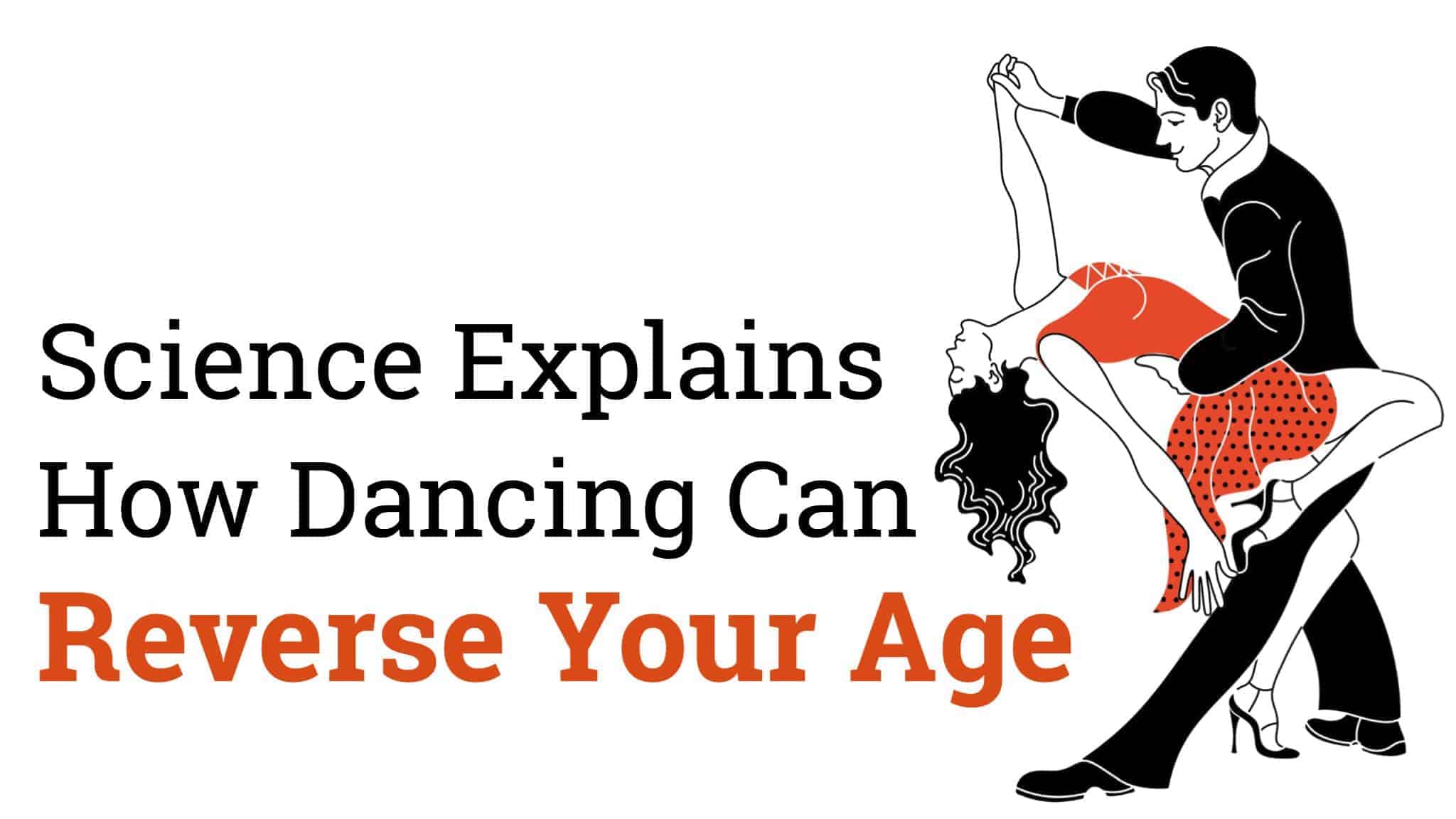Like most illnesses severely affecting cognitive functioning, dementia is a tragic, gut-wrenching condition. This article will discuss what dementia is (and is not), some warning signs, and treatment methods.
“Can I remember exactly when I ‘lost’ my husband? Was it the moment when I had to start tying his shoelaces for him? Or when we stopped being able to laugh with each other? Looking back, that turning point is impossible to pinpoint. But then, that’s the nature of dementia.” – Judy Parfitt, English Actress.
What is dementia?
Per the Alzheimer’s Organization, dementia is “a general term for a decline in mental ability severe enough to interfere with daily life.” Loss of memory and Alzheimer’s – the most common form of dementia – are two examples. Dementia is, generally, a gradual decline in memory, thinking, and reasoning skills.
Dementia itself is not a specific disease. Instead, the term applies to several symptoms indicating a severe cognitive disorder. Due to the disorder’s complex nature, Dementia can only be diagnosed by a licensed medical doctor (usually a neurologist).
Types of Dementia
This broad term covers several specific diseases, including these.
Alzheimer’s disease
 Alzheimer’s is a progressive brain disease that erodes memory and thinking ability. Doctors aren’t sure what causes Alzheimer’s disease, but they think it is related to three things that can happen as you get older.
Alzheimer’s is a progressive brain disease that erodes memory and thinking ability. Doctors aren’t sure what causes Alzheimer’s disease, but they think it is related to three things that can happen as you get older.
- Inflammation of the brain
- Oxidation stress in the brain
- Build up of toxic proteins (called beta-amyloid or tau)
Over time, your brain cell connections can degenerate, eventually dying and destroying all or most of your mental functions. Currently, there’s no cure for Alzheimer’s, but there are medications and strategies to help improve the individual’s lifestyle. Alzheimer’s disease is considered the 3rd leading cause of death in the United States for older people.
Symptoms of Alzheimer’s disease
- Memory problems-One of the first symptoms of Alzheimer’s disease is often a loss of memory. Forgetting where you are, confusion over rooms in your house, or forgetting names and faces.
- Poor brain function-Trouble doing regular problem-solving activities like paying bills, driving a car, or cooking.
- Lack of smell-Problems smelling some things can be a symptom of Alzheimer’s disease.
Vascular dementia
The second-leading cause of dementia is called Vascular dementia – a form of dementia resulting from a stroke.
Vascular disease causes brain function problems and dementia. This can be due to a stroke or brain-damaged blood vessels. These conditions can cause memory and thinking problems. There are two kinds of vascular dementia:
- Vascular dementia
- Vascular cognitive impairment
Other contributing factors to vascular dementia include
- Atrial fibrillation
- High blood pressure
- Diabetes
- High cholesterol
Symptoms of vascular dementia
The symptoms may show up suddenly. If you have symptoms of VCID, talk with your doctor right away. They can do an MRI to see what’s going on in your brain, especially if you’ve suffered a stroke.
Lewy body dementia
Lewy body dementia is a brain disease where a high amount of protein is deposited in your brain. These protein deposits, or Lewy bodies, change the chemicals in your brain, leading to thinking, behavior, and moving problems. Lewy body dementia is a common type of dementia.
Symptoms
Symptoms vary from person to person. Movement problems, insomnia, and behavior are often the first symptoms. Others include
- Lack of ability to think and do regular life activities
- Lack of focus
- Change in mood, poor judgment, confusion, and a hard time with speaking
- Staring, lethargic, and fatigue
- Hallucinations-This happens in 80% of the cases of Lewy body patients.
- Disorganized ideas, hearing noises that aren’t there. May feel frightened easily.
Behavior changes in Lewy body dementia may include
- Depression
- Apathy
- Anxiety
- Agitation
- Delusions
- Paranoia
 How does a doctor diagnose dementia?
How does a doctor diagnose dementia?
Dementia needs to be diagnosed as early as possible. Sometimes this is impossible, and the diagnosis isn’t confirmed until after the person has passed away. But if you or someone close to you has symptoms, speak with a doctor. They can do tests to confirm a diagnosis of dementia. The tests include
- Your medical history: The doctor will want to know about your personal and family medical history. The physician will also ask if dementia runs in the family. They’ll also ask you about your symptoms, when they started, and how you feel. Finally, they will ask you about any medications you currently take and let you know if they could contribute to your symptoms.
- Your physical exam: They will measure your cholesterol, your blood pressure, and weight.
- Your neurological tests will check your balance, reflexes, and sensory responses.
As mentioned, Alzheimer’s disease is the most common form of dementia, accounting for 60 to 80 percent of all cases. Alzheimer’s is a fatal disorder that neutralizes brain cells and cognitive functionality. Sadly, individuals with this disease often notice the changes in themselves; this makes it difficult to articulate what they’re experiencing to friends, family, and others.
What dementia is NOT
As mentioned, dementia is a complex medical condition, yet, ignorance has led people to believe that it is strictly age-related – it is not. Per the Alzheimer’s organization:
Dementia is often incorrectly referred to as “senility” or “senile dementia,” reflecting the formerly widespread but incorrect belief that serious mental decline is a normal part of aging. Changes to memory often (not constantly) occurs as one age.
The primary difference between any “age-related” memory problems and dementia is the degree to which daily life is impacted. Everyone forgets something at some time or another or experiences acute bouts of ‘brain fog.’ Many people have memory issues and trouble with thinking clearly- this does not mean that they have dementia.
Given the intricacy of the topic, we advise anyone who is or knows someone experiencing cognitive problems to seek medical advice.
Who is at risk of getting dementia?
These things increase your chances of getting dementia.
- Your age: This is the biggest risk of dementia is aging.
- High blood pressure: An elevated blood pressure is bad for your cognitive function. It can damage your blood vessels and cause atherosclerosis.
- Stroke: A stroke damages your vascular system. Once you’ve had a stroke, there’s an increased chance that you’ll have another one.
- Alcohol: Drinking high amounts of alcohol increases your chances of getting dementia.
- High cholesterol: Too much fat or cholesterol in your arteries causes the thickening of your arteries’ walls so the blood can’t properly flow to your brain and heart. This raises your chances of vascular dementia.
- Diabetes: People with diabetes are at a higher risk of getting dementia. Diabetes puts you at risk for stroke or heart disease, which can lead to vascular disease.
- Down’s syndrome: This syndrome with down syndrome is more apt to get Alzheimer’s disease often in middle age.
- Genes: The chance of getting dementia increases if more than one family member has dementia.
- Head injury: Getting a traumatic head injury makes you more susceptible to getting dementia.
- Parkinson’s disease: Parkinson’s disease causes degeneration of nerve cells, leading to dementia and memory loss.
- Smoking: Smoking narrows your blood vessels, preventing proper blood flow to your brain or heart.
Here are five potential signs of dementia:
According to the Alzheimer’s Association, the following red flags are early indicators of cognitive decline:
1. Difficulty Planning or Solving Problems
Some people with dementia experience sudden changes in their capacity to develop and follow a plan. Once simple tasks, such as keeping track of bank balances or following a recipe, become much more complicated. It’s also common during the onset of dementia to experience increased problems with concentration.
2. Trouble With Once-familiar Tasks
One of the more visible signs of dementia is a decreased ability to complete routine tasks. Perhaps the person cannot navigate a familiar route or forgets about how to play a favorite game. Executing something habitual is a deeply engrained neuronal activity; one can be completed “without thinking.” Any noticeable changes in someone’s ability to complete a common task require attention.
3. New Problems When Communicating
People with dementia often have problems following a conversation. They may cease interacting, forget about something they said (perhaps repeat themselves), or have no idea how to proceed. Vocabulary challenges, such as the inability to find the correct word, are also common.
4. Withdrawal From Social or Work Activities
When a person begins to experience the cognitive challenges that dementia brings, they may start to remove themselves from work or social activities. This withdrawal may be due to personality changes, fearfulness, or denial. Regardless of the rationale, some people living with dementia become progressively distant.
5. Memory Loss Disruptive to Daily Life
Again, the key phrase is “disruptive to daily life.” Memory lapses happen to all of us, but rarely – if ever – do such lapses significantly handicap our day. During the early stages of dementia, forgetting recently learned information is one of the universal signs of the underlying condition. Other notable signs of severe memory problems:
- forgetting important dates or events
- repeatedly asking for the same information already given
- an increasing reliance on memory aids
- an increasing reliance on others to remember something
Healthy habits to preserve your memory
Recent studies suggest that these things can help you lower your risk of getting dementia.
- Diet-Doctors suggest eating a Mediterranean diet.
- Exercise-choose aerobic exercises that get your blood flowing.
- Brain exercises
- Lowering blood pressure
- Lowering cholesterol
You can’t change the genes you inherited from your parents, but you can choose a lifestyle to help fight off dementia.
Healthy lifestyle to prevent dementia
Here are some actionable lifestyle changes to help keep your brain at peak performance.
Eat a Mediterranean diet.
Doctors recommend eating a healthy Mediterranean diet. Here is a list of healthy foods you can eat on this diet.
Eat these foods in abundance:
- Vegetables
- Fruits
- Nuts and seeds
- Whole grains
- Seafood and fish
- Olive oil
- Herbs and spices
Eat these foods in moderation.
- Chicken
- Eggs
- Yogurt
- Cheese
Rarely eat
Red meat
Never eat
Sugar, processed meats, refined oils, or processed foods.
Exercise
You can do many exercises to keep your body and brain healthy.
- Cardio exercises like walking, swimming, jumping jacks, or biking all get your heart pumping.
- Strength training helps build strength and muscle mass. Lifting weights can also build your confidence and help prevent bone deterioration, which causes osteoporosis.
- Dance class- Dance till the stars come out for a healthy heart and brain.
Exercise for your brain
Your brain can grow stale and stagnant, especially as your age. Inspire your brain to newer levels with some of these brain-challenging activities. You don’t need to try all of them at once, but find a couple to enjoy.
- Learn a new language: Try a new language to keep your brain stimulated. Try using an app to learn a new language. Many are free or not too expensive and do an excellent job helping you learn.
- Learn to play an instrument: Pick up the instrument you played when you were young, or try your hand at a new one. Take a class or find some teaching videos online.
- Jigsaw puzzles: Your grandma knew what she was doing, always leaving a jigsaw puzzle out. Find an exciting puzzle and challenge your family to finish it.
- Card games: Cards games are fun and fast. Learn new games or try old faithful ones like “Go Fish, War or Crazy Eights.”
- Teach someone: Teaching stimulates your brain and helps it stay fresh.
- Break up your routines: Break out of your routine by trying a new route to work or using your left hand instead of your right to wash dishes. Changing up your routine can stimulate your brain.
- Tai chi: Martial arts help you gain strength and help you find a sense of peace and calm, which lowers stress that can contribute to dementia.
 Final Thoughts on the Reality of Dealing with Dementia
Final Thoughts on the Reality of Dealing with Dementia
There is no known cure for Alzheimer’s or any of the most progressive dementias. Drug treatments may help relieve some symptoms, and there is social support for dementia patients and their families. You might eventually have no alternative but assisted living with memory care for your aging parents or loved ones.
Every year In the United States, nearly 500,000 new cases of Alzheimer’s disease are diagnosed. Because there is currently no cure for any type of dementia, you must make healthy lifestyle choices. Choosing to eat a healthy Mediterranean-style diet, exercising, and finding ways to stimulate your brain are simple but effective lifestyle choices you can make to prevent dementia from entering your future.











